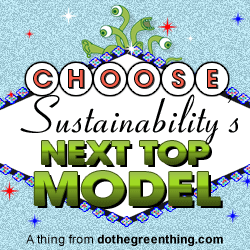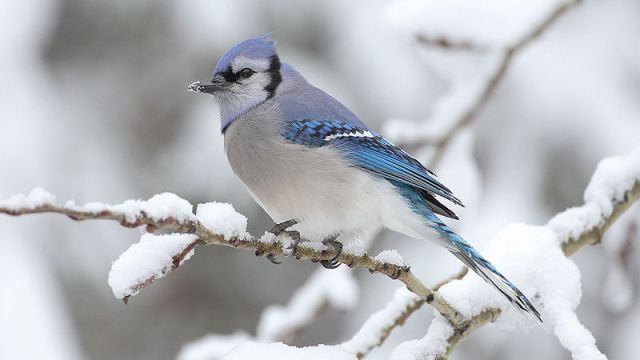Sustainability’s Next Top Model

The tragic reality of most sustainability messaging is that it hangs haplessly somewhere between forgettable and toothless. UK-based nonprofit Do The Green Thing is a bold exception. Founded by a team of creative industry expats, business leaders and environmental experts, DDGT aims to fight climate change with creativity. The community-based platform focuses on seven specific things you can do to lead a greener lifestyle, and communicates each action through a beautifully animated short film and other creative propaganda.
DDGT’s latest campaign, Choose Sustainability’s Next Top Model, plays on popular reality TV competitions but uses the model to do something far more real: Help a sustainable starup succeed.

Green Thing has curated four promising sustainability-centric startups, of which users vote and select one to receive £50,000 worth of promotion – professional video production from the DDGT creatives and media value, including promotion on Spotify.
The four contenders for the prize are Sugru (a moldable silicone for repairing things and getting more life out of them), Makedo (a reusable connector system for building things out of everyday objects and found materials), Lost Values (reflective lace for fashion-conscious cyclists), and Woolfiller (a DIY repair kit for mending holes in wool fabric).
Voting closes on August 31, and 10 lucky voters will receive a set of all four products.
What makes the effort particularly promising is that it addresses the gaping hole of the traditional philanthropy and venture capital funding model: That financial capital can only go so far if the brilliant and well-funded startup can’t create compelling communication that attracts users and stimulates adoption. Green Thing is offering a different but comparably pivotal kind of support – creative capital, something sorely missing from the vast majority of the nonprofit sector.
Maria Popova is the editor of Brain Pickings, a curated inventory of miscellaneous interestingness. She writes for Wired UK, GOOD Magazine and Huffington Post, and spends a shameful amount of time on Twitter.





